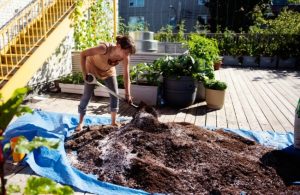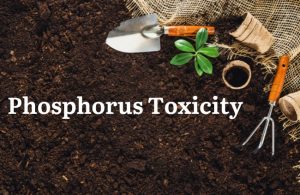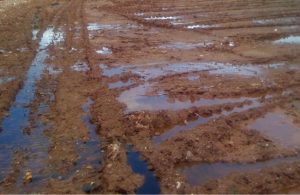In a general sense, soilless potting mix is any type of planting medium product that does not contain the type of dirt you normally find in your garden. Most gardening experts, however, define soilless potting soil as planting mediums that do not contain conventional soil at all, but rather consist of a mix of ingredients, primarily sphagnum peat, compost, perlite and vermiculite.
More...
Guide to Soilless Potting Mix
Soilless mixtures tend to be looser than regular potting soils, making them a good choice for planting situations that require good drainage, such as container gardening.
Also known as sterile mixes, soilless potting soil is ideal for starting seedlings, as it eliminates the risk of diseases that prey on young plants, as well as the risk of an imbalanced soil that may adversely affect a young plant’s growth.
Ingredients of a Soilless Potting Mix
Each ingredient in soilless potting soil serves a specific purpose. The ratio of each ingredient can be adjusted to meet specific gardening needs. While the ingredients of soilless potting mixes can vary, and can include fertilisers, as well as materials like bark or the coconut by-product, coir, four substances are typically included in soilless potting soil.
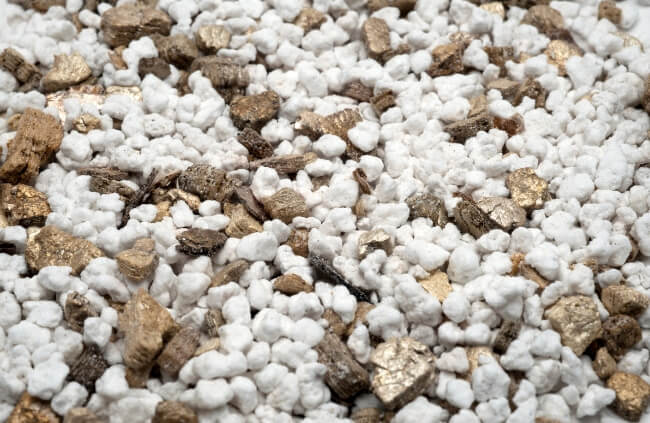
Perlite
Produced by heating volcanic rock, perlite is a sterile substance that both increases water absorption and drainage. Perlite also improves the aeration of the soil, helping roots grow. Perlite can have a white, gravelled appearance that resembles shredded Styrofoam.
Vermiculite
A naturally occurring mineral, vermiculite serves the same function as perlite, but retains more water. It appears as silver grey flecks. Until the 1990s, some vermiculite contained harmful asbestos.
Vermiculite that is exposed to the mineral diopside over long periods of time can turn into asbestos. Vermiculite mines worldwide are now regularly tested for asbestos.
Sphagnum Peat
Sphagnum peat is decayed sphagnum moss, just one of a genus of hundreds of mosses commonly called peat moss. As a soil conditioner, sphagnum peat increases the soil’s capacity to retain water and nutrients, making peat a useful addition for areas with sandy soils.
Compost
Compost is a mix of decaying organic matter like dead leaves and manure. Compost adds nutrients gradually to the soil as the substance further decays. Compost also improves the overall structure of the soil.
When purchasing soilless potting mixes, it is important to read the list of ingredients carefully. Low-quality compost can contain sewage sludge. Looking for a mix with a description that includes “aged forest products” can ensure you’re getting a quality compost. Quality compost will be even in texture, absent of large chunks of wood or bark.
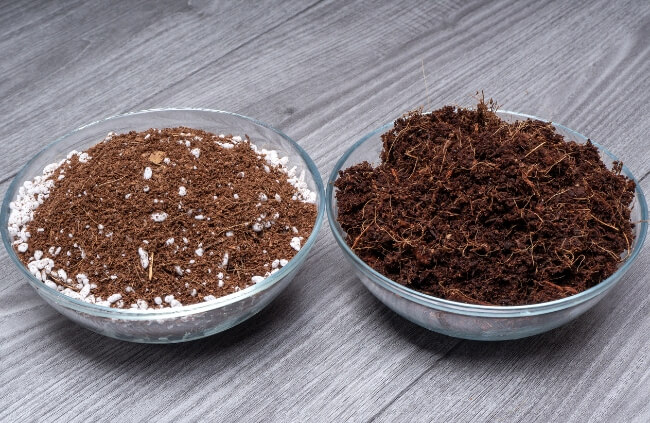
When to Use a Soilless Potting Soil
Soilless potting mixes are the premium choice for nearly every planting application. Using a quality soilless mix is the best way to ensure that your planting will be free of contaminants like bacteria, insects and seeds.
It is also the best way to ensure a proper mix of drainage, water and nutrient retention, aeration and soil structure. The wide variety of soilless mixes available makes it possible to adjust formulas for every planting situation.
Starting Seedlings
Soilless potting mixes are especially suited for certain types of plantings, such as starting seedlings. A plant is at its most vulnerable during the first few days and weeks of its life, and a sterile soil mix offers seedlings the best chances for success.
Container Gardening
In a garden, gravity pulls water and nutrients through the soil. In container gardening, gravity needs a bit of help. Plants grown in pots need soil that is neither too soggy nor too dry. Soilless potting mixes provide the best way to achieve this balance.
Plant Specific Needs
Certain types of plants in the garden also require a careful balance between too wet and too dry. Soilless mixes are a good choice for succulents and cacti, which are tolerant of dry conditions, but flourish best when good drainage includes valuable nutrients.
Published on June 6, 2023 by AGT
Last Updated on November 20, 2023

